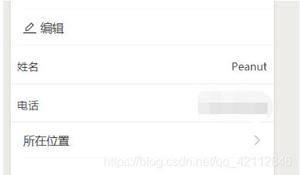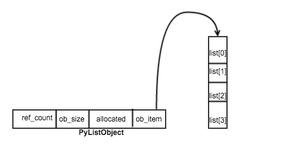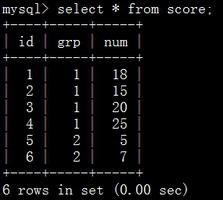Python中关于列表推导式
列表推导式里的all函数为什么在对象不是iterable的情况下也能推导呢?
all(...)
all(iterable) -> boolReturn True if bool(x) is True for all values x in the iterable.
If the iterable is empty, return True
python">if post_tags_blacklist != r'' and post_tags_blacklist != None: self._task_pool = [
task
for task in self._task_pool
if all(tag['name'] not in post_tags_blacklist.split()
for tag in task['tags'])
]
或者说在列表推导式里for只是表达式,会构建一个iterable对象以后再执行么?
回答:
>>> import collections>>> isinstance((y for y in range(1, 100)), collections.Iterable)
True
以上是 Python中关于列表推导式 的全部内容, 来源链接: utcz.com/a/160341.html





